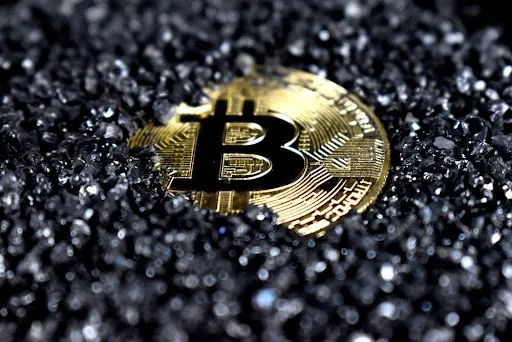25 January 2023
By Roger Kennedy
roger@TheCork.ie
Entertainment
Crypto has been gaining acceptance as a means of making a payment. Retailers are starting to accept crypto as a form of legal tender. Bitcoin and other crypto have been around long enough that they barely need an introduction to what it is or an explanation of how it works. We will be providing some information for those who are still unsure of their knowledge. However, our main focus is to examine how crypto has impacted gaming.
Cryptocurrency Benefits
Crypto is digital currency. The form of cryptocurrency most people are familiar with is Bitcoin, which was created in 2009. Players can still play real games with traditional forms of currency, such as dollars- try it out here.
Gaming platforms that give gamers the option of cryptocurrency transactions attract users, who can buy items available for sale during a game. Thanks to this user-friendly approach, such transactions have a marked positive impact on spending. Crypto also enables gamers to mine coins to provide themselves with an income for gaming. Players remain anonymous, which prevents the IRS from tracking them down for tax money.
Crypto uses blockchain technology. This provides users with security and privacy. Additionally, it is decentralised, thus it does not have a controlling party making rules. Crypto can be traded on a decentralised stock exchange. The laws of supply and demand decide the exchange rates.
How Cryptocurrency Works
After reading a few blogs on crypto, you will find that your understanding of it has expanded. Along with Bitcoin, other popular cryptocurrencies are Litecoin and Ethereum.
Cryptography is used to ensure the integrity of transactions and prevent anyone else from accessing or tampering with the records (the blockchain ledger).
Crypto in the Gaming Industry
Both the crypto world and the gaming industry are fast-moving and adaptable. Crypto is being revised in the business world to become a recognised means of payment for goods and services. The gaming industry has also not stood still. During the Covid period of mass isolation, gaming was able to offer readily accessible online entertainment, moving away from a reliance on the brick-and-mortar model. Nowadays, we can stream games, watch or participate in eSports, and join multiplayer games.
The rise of online gaming has contributed to the global increase in trading goods on the internet. But, as this does not hinder con artists, there is a growing need for secure financial transactions such as is offered by cryptocurrency. Without a central control, a decentralised currency is immune to hacking. It is transparent and less vulnerable to fraud. Digital wallets are password protected and store crypto safely with keys being used for transactions. The other party must be using a compatible digital wallet before trade can be conducted. This eliminates fraudulent entities from these transactions.
Paying for Gaming with Cryptocurrencies
As many vendors now accept some cryptocurrencies, these are likely to enjoy widespread reach, such as becoming a form of legal tender in the gaming industry. The extent of this industry includes video game developers, online casinos, e-Sports, etc. Not to mention the participants, whether they watch or play the major games, participate in multiple player games, or buy videos to enjoy gaming alone. Paying for gaming with cryptocurrency is the logical next step.
Challenges
Crypto is not without its challenges in the gaming industry. The first item currently under consideration is whether the house should set a limit on winnings with cryptocurrency. There is a risk that this will lead to complicit real-money gamers joining forces to determine the result of a round.
Cryptocurrencies can fall or rise suddenly, and their markets are seen as unpredictable. Gaming platforms need some form of protection against this volatility that must be recorded in user agreements and terms and conditions.
There are still questions to be asked and strategies to be devised before we are likely to see crypto payments as the norm in gaming.

